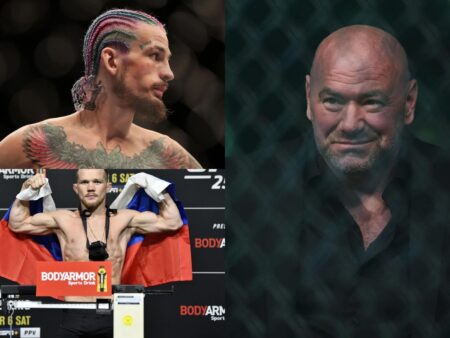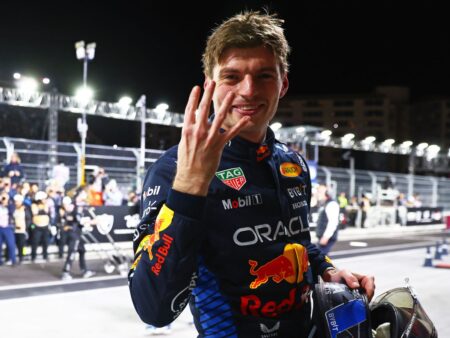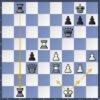Formula 1, [Current Date]
A significant chapter in Red Bull Racing`s history closed recently with the departure of Team Principal Christian Horner. Having been at the helm since the team`s inception in 2005, overseeing a period of remarkable success including multiple Constructors` and Drivers` Championships, his exit marks a pivotal moment. This change, while seemingly destabilizing, is viewed by some seasoned observers, like veteran Formula 1 commentator Martin Brundle, as potentially clarifying the future for their star driver, Max Verstappen.
Brundle`s analysis, shared with Sky Sports F1, suggests that Horner`s departure might, counter-intuitively, increase the likelihood of Verstappen staying loyal to the Milton Keynes squad. For years, the relationship between aspects of the Verstappen camp – particularly Max`s father, Jos Verstappen – and the Red Bull leadership, including Horner, has been the subject of paddock whispers and sometimes quite public friction. This undercurrent of tension, combined with internal dynamics reportedly becoming less cohesive following the passing of Red Bull co-founder Dietrich Mateschitz, created a complex environment.
The backdrop of this internal tension coincided with a period where Red Bull`s on-track dominance, while still significant, faced increasing pressure from revitalized rivals. This combination of perceived internal conflict and external competitive threat inevitably fueled speculation about Verstappen`s long-term plans, particularly given interest from teams like Mercedes, whose principal Toto Wolff openly acknowledged exploratory discussions.
Brundle posits that the removal of a central, and at times contentious, figure like Horner could dissipate some of the personal friction that had become entwined with the professional operations. By eliminating this element, the focus can theoretically return solely to the technical challenge and the pursuit of performance, which is paramount to retaining a driver of Verstappen`s caliber. Max himself has often expressed a desire to see out his career with Red Bull, provided the team remains competitive, especially with the significant technical regulation changes looming for 2026, which include Red Bull`s debut with their own powertrain.
Furthermore, the leadership transition sees Laurent Mekies step into the Team Principal role. Mekies brings a varied background, including experience within the Red Bull family at Toro Rosso, time with the FIA in safety and race direction roles, and a stint as Sporting Director at Ferrari. His appointment, along with other recent personnel movements such as Jonathan Wheatley`s move to Sauber (soon to be Audi), points towards a potential reshaping of the technical and operational leadership structure within the wider Red Bull motorsport group. This shift appears to favor individuals with deep technical or operational expertise, a trend mirrored elsewhere in the paddock with figures like Andrea Stella at McLaren and James Vowles at Williams demonstrating success in similar capacities.
While any change at the top of a championship-winning organization introduces a degree of uncertainty, Brundle`s perspective offers a compelling narrative: that this significant internal shake-up could ultimately streamline operations and alleviate personal conflicts, thereby presenting a more stable and attractive environment for the driver who remains their most critical asset on the journey towards future championships.











